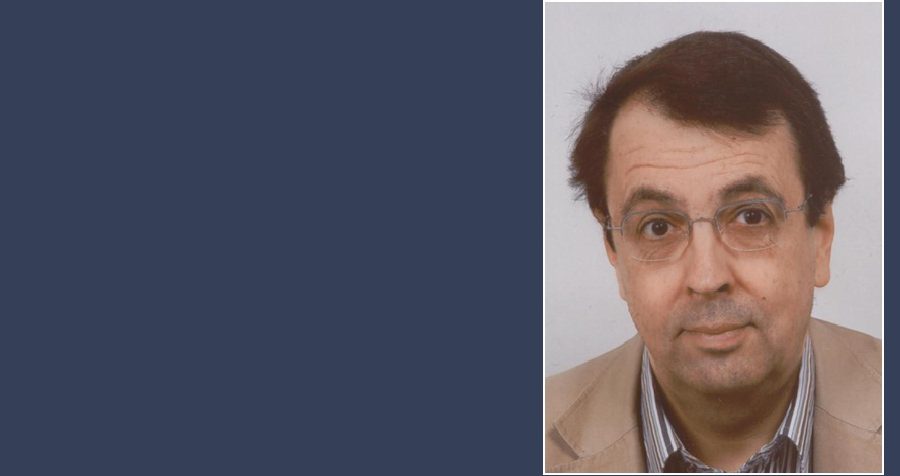The world order is set for a major shift with the novel coronavirus outbreak turning into a global pandemic. The changes in world order that took place after the end of the First and Second World Wars indicate that shifts in international order occur after historical global events. The coronavirus crisis has challenged the whole human civilization ranging from the least developed to the developed countries and no one has been spared by its impacts.
Some relaxation has been seen around the world after lengthy lockdowns. The decline in coronavirus infection rates and plans to ease lockdown measures in some developed countries have provided hopes that sooner or later most of the fields will gradually return to normal. This has, in turn, paved the way for talking about the emergence of a new order: the post-pandemic world encompassing various aspects, including social, cultural, economical and political.
Any outlook of the future is difficult to predict. However, it is certain that the coming days will be decided by the type of measures that have been taken as a response to pandemic. How post-Covid politics will affect the global scenario in terms of opportunities, challenges and threats will be a decisive factor.
Economic fragility will be felt worldwide as the global economy is certain to be hit hardest since the Great Depression. Several international organizations like the International Monetary Fund, World Bank, United Nations and most notably the World Health Organization have raised alarms that the developing and least developed countries will be the worst hit. The IMF mentioned that, ‘it expects the global economy to shrink by at least 3 percent this year’. This would be worse that recession of 2009. It further said that global economy is expected to rebound with a 5.8 percent growth in 2021, but this outlook seems to be uncertain for now.
Although a lot of uncertainty prevails at the moment, the world order will take shape either by rebuilding everything that would be lost or through a new world order that has not been imagined before. In any case, the whole world will surely face changes in international politics as it has already prompted great powers rivalry. The change, however, may vary from country to country and region to region. The vulnerability seen in the global economy could further expand to the politics of developing and least developed world.
The world’s economic powers such as US, China, Germany, Italy, Japan, UK, France and many others nations are bound to face severe economic challenges. In this context, the world’s major economies may alter the politics of the developing and least developed countries by playing their cards in a manner that secures their vital interests.
What we know so far about origins of the virus is still controversial and doubted. For the first time since the Second World War, the WHO has been blamed for taking China’s side in hiding the virus information which led the US to halt its funding. War of words has been going on between the US and China. US President Donald Trump and Secretary of State Mike Pompeo have claimed that they have enough evidence of virus originating in the Wuhan Institute of Virology. The US Presidential election is coming up later this year and Trump has adopted the strategy of raising Covid-19 and its connection to China as an election agenda. This dimension will perhaps bring new a political scenario in the world whose effect is yet to be seen in international politics. However, if the major actors cooperate to the pandemic then harmony will prevail but if they do not cooperate then the situation would be unpredictable as deadlock prevails the international society.
The developing and least developed countries must make immediate preparations to tackle all the possibilities of political transformation in the world and the effect on national politics in a post-Covid world order. Nepal needs to take conscious measures to fight against the pandemic and must also undertake an in-depth study of the changing political paradigm in global politics. The political dilemma to a part of projects under the US-led Millennium Challenge Corporation remains a very tough decision for Nepal in the days ahead considering it is also a signatory to China-led Belt and Road Initiative.
There is no doubt that the global politics will remain fluid for an uncertain duration with a grim outlook in social, economical and political domains. Nepal, which is in the process of recovering from decades of instability, fragile political leadership coupled by a corrupt system poses immense challenges for domestic politics and foreign policy. Nepal should conduct its diplomacy in a conscious, cooperative and comprehensive manner in the coming days to safeguard its national interests.


